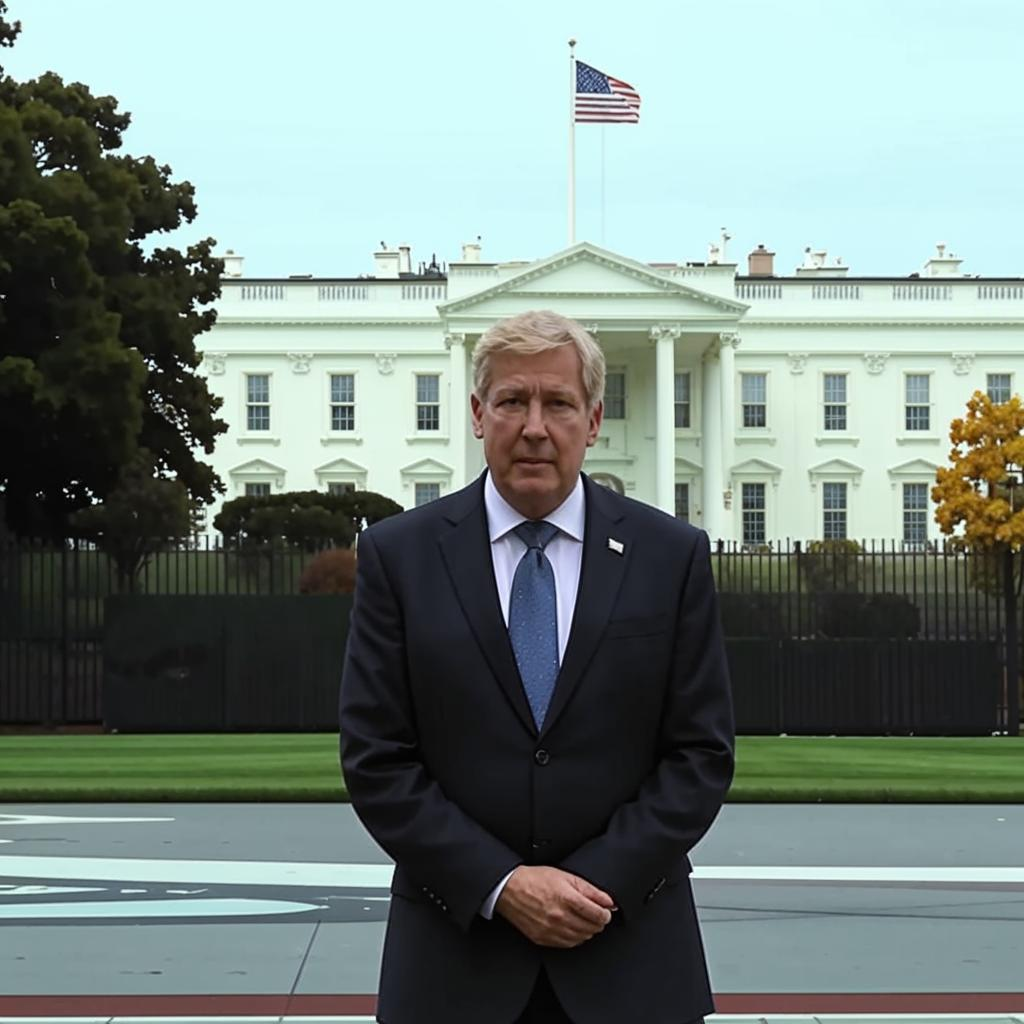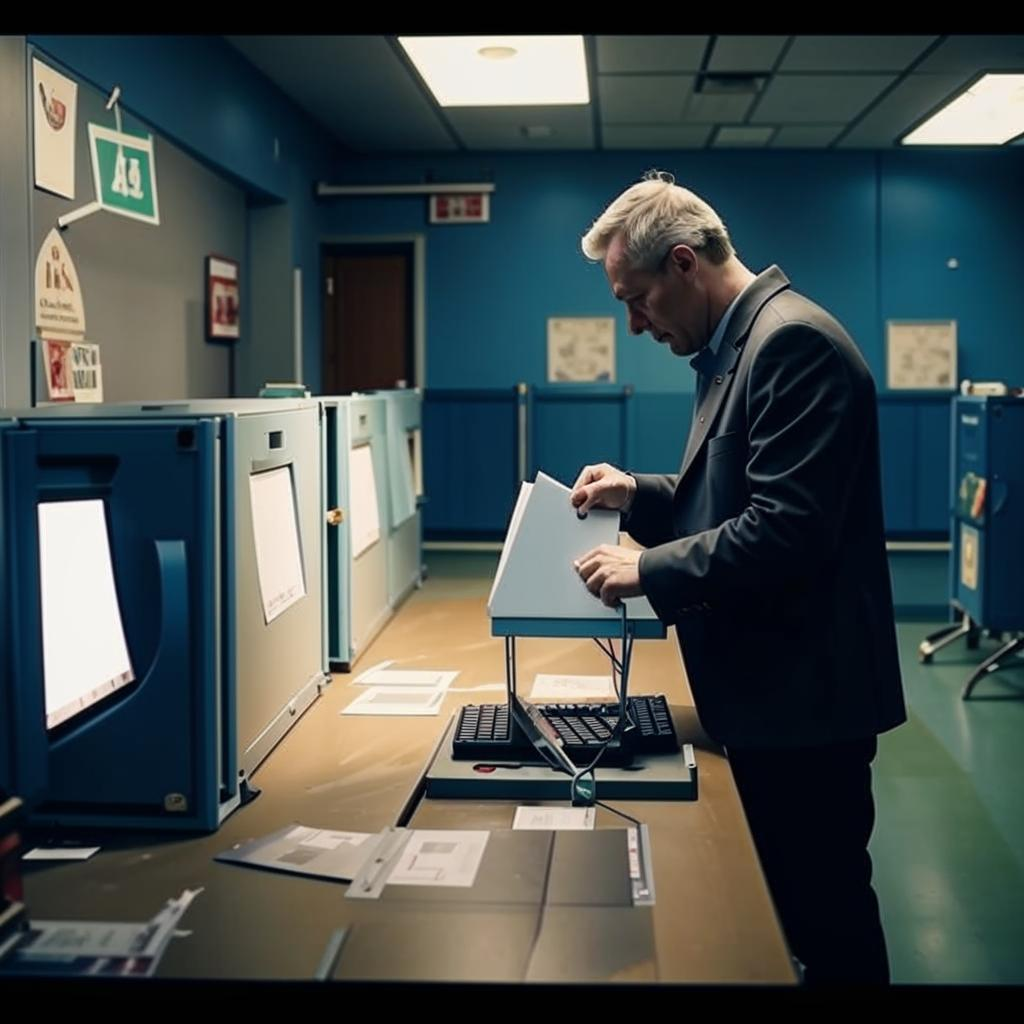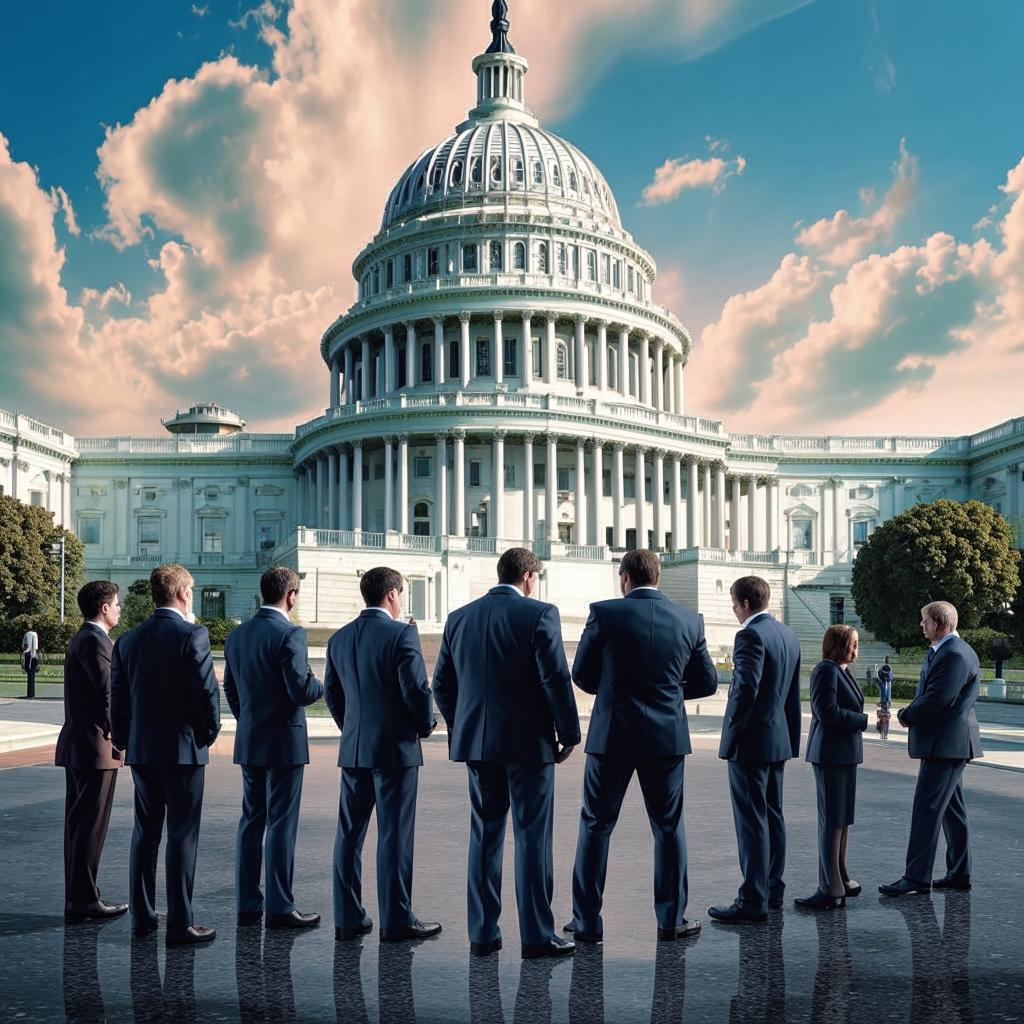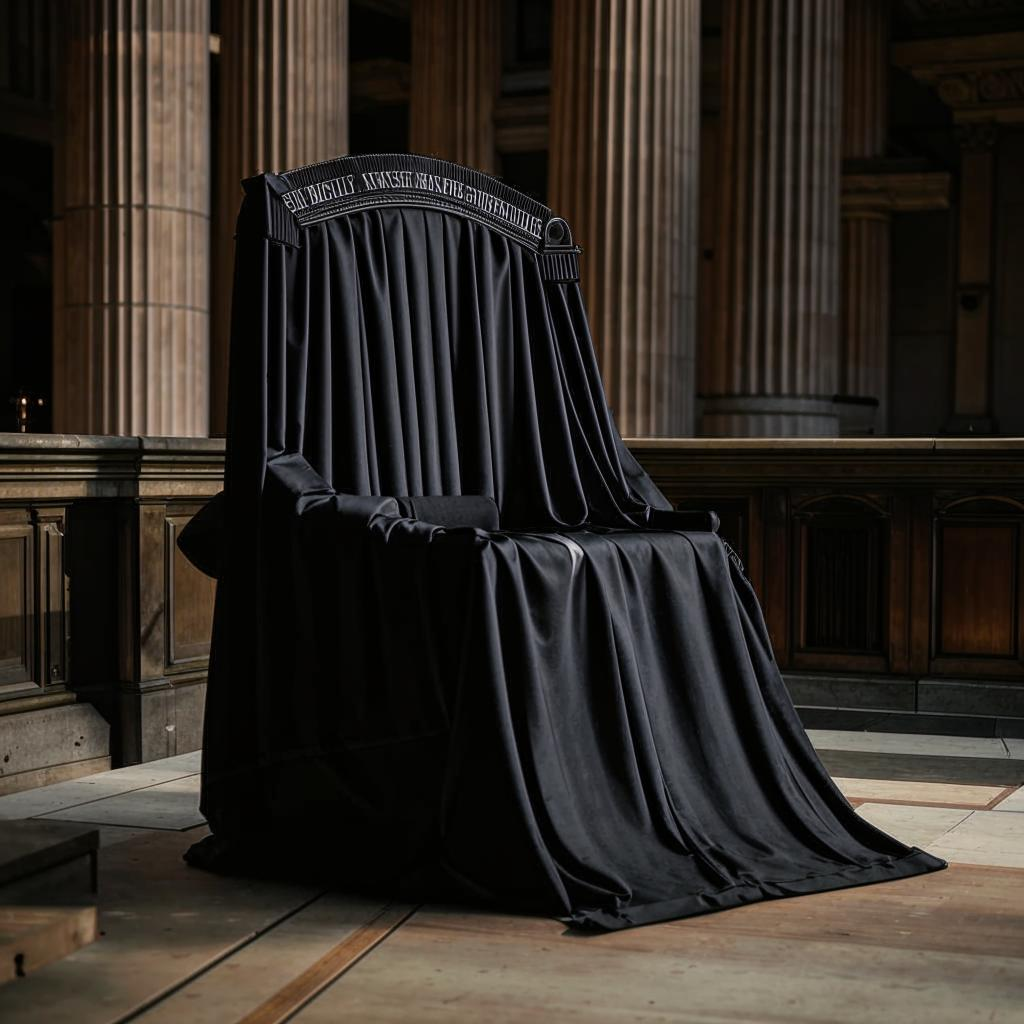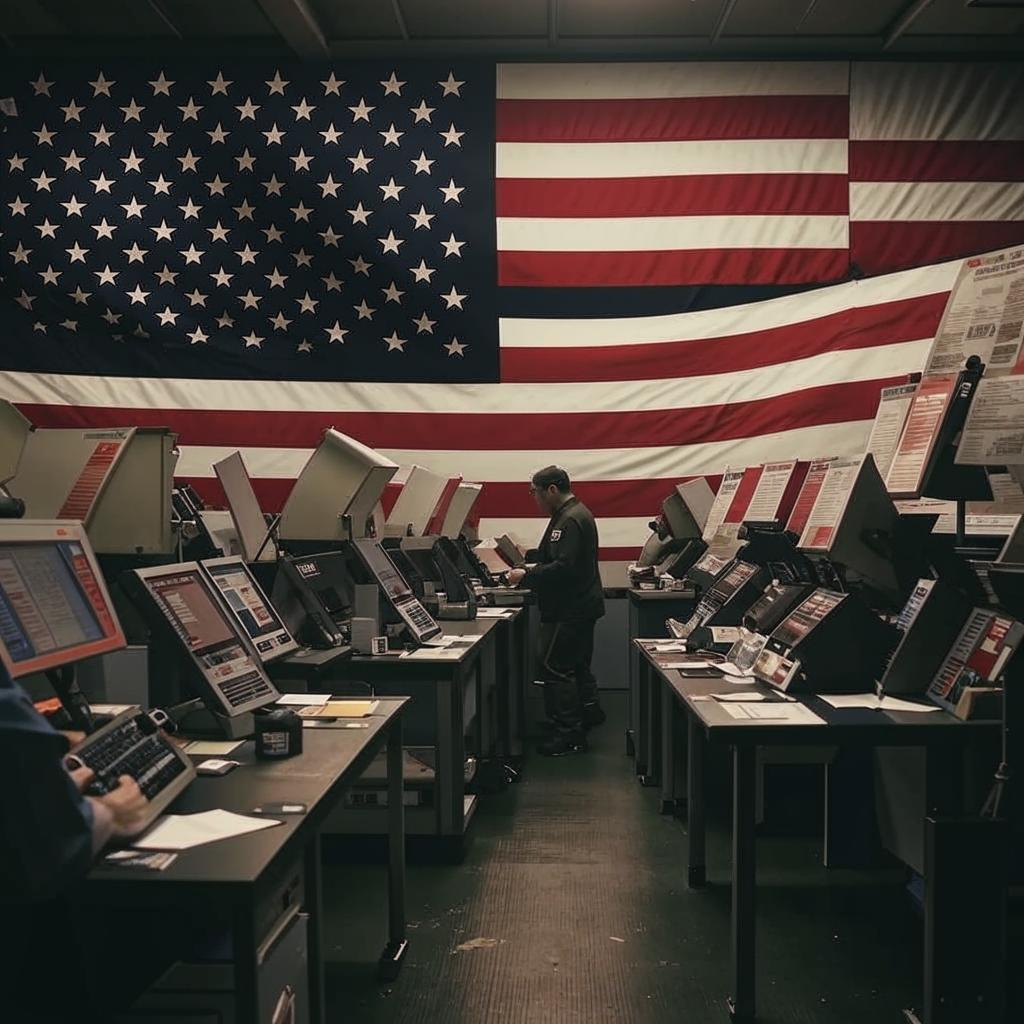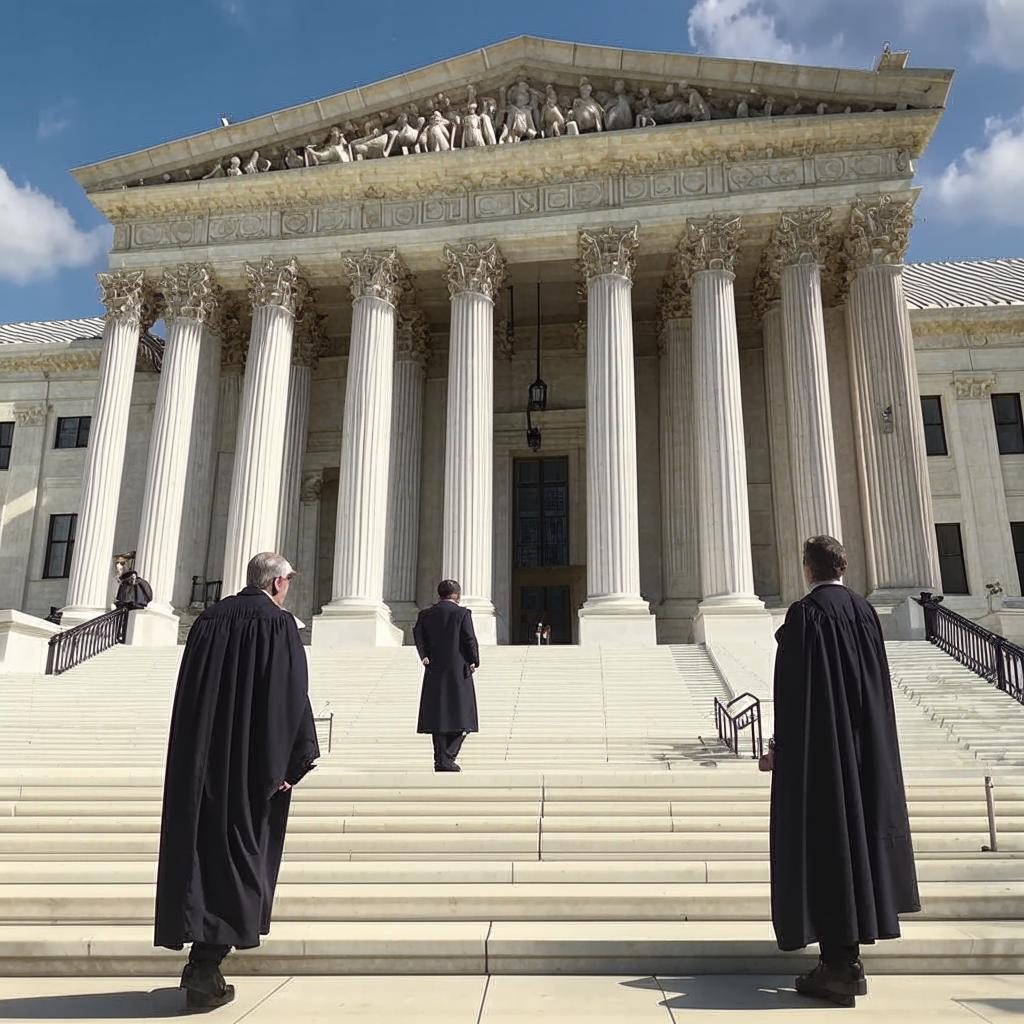Steve Bannon, the former White House strategist, has announced an official “War Room” White House correspondent, sparking immediate controversy and raising questions about media access and the blurring lines between political commentary and journalism.
The announcement, made on Bannon’s “War Room” podcast, names a specific individual as the designated correspondent. This move has been met with criticism from mainstream media outlets, who view it as an attempt to legitimize a partisan platform and potentially gain preferential access to White House briefings and information.
Concerns have been raised about the potential for biased reporting and the dissemination of misinformation. Critics argue that “War Room,” known for its far-right slant and promotion of conspiracy theories, is not a credible news source and should not be granted the same access as established journalists.
The White House has not yet commented on the situation, leaving many to speculate on how they will handle the presence of a “War Room” correspondent in the press briefing room. The situation presents a challenge to the White House’s commitment to fair and impartial media access.
The move underscores the increasingly polarized media landscape and the ongoing debate about the role of alternative media platforms in shaping public opinion. It also highlights the potential for individuals with strong political agendas to leverage media access for their own purposes. This decision will undoubtedly continue to be a subject of debate and scrutiny in the coming weeks, as media organizations and political observers grapple with its implications. The question remains: How will the White House navigate this unprecedented situation while upholding principles of journalistic integrity and equal access?
